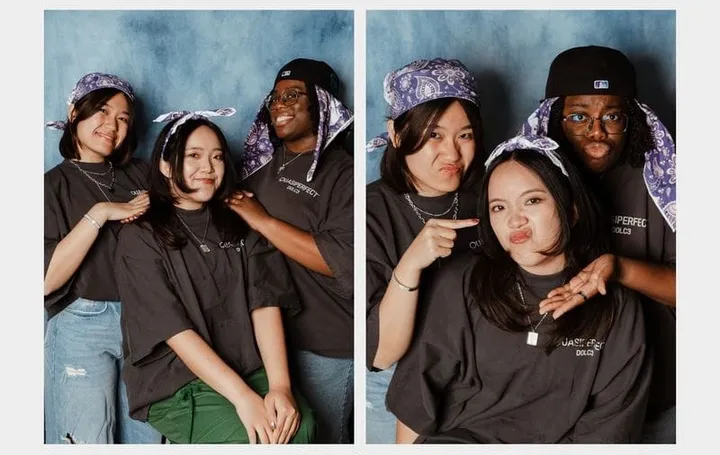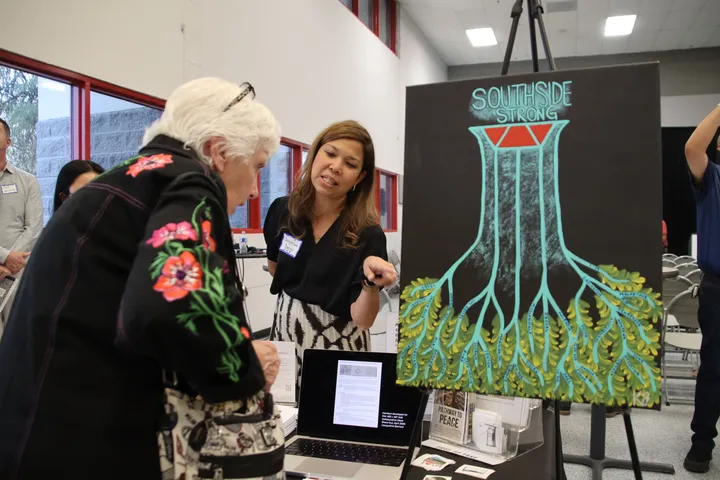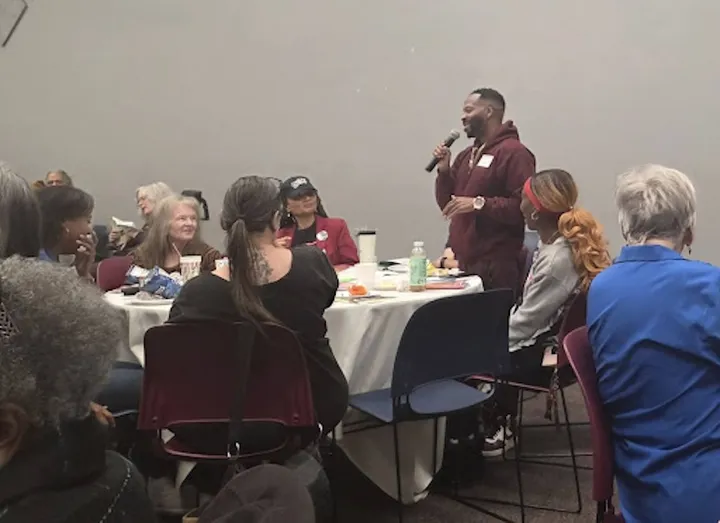Tucson workshop preserves Latino food memories and cultural history
A storytelling workshop at El Minuto Café brought Tucson community members together to share food-centered memories as Latinos in Heritage Conservation works to preserve Latino cultural heritage through oral histories and mapping.
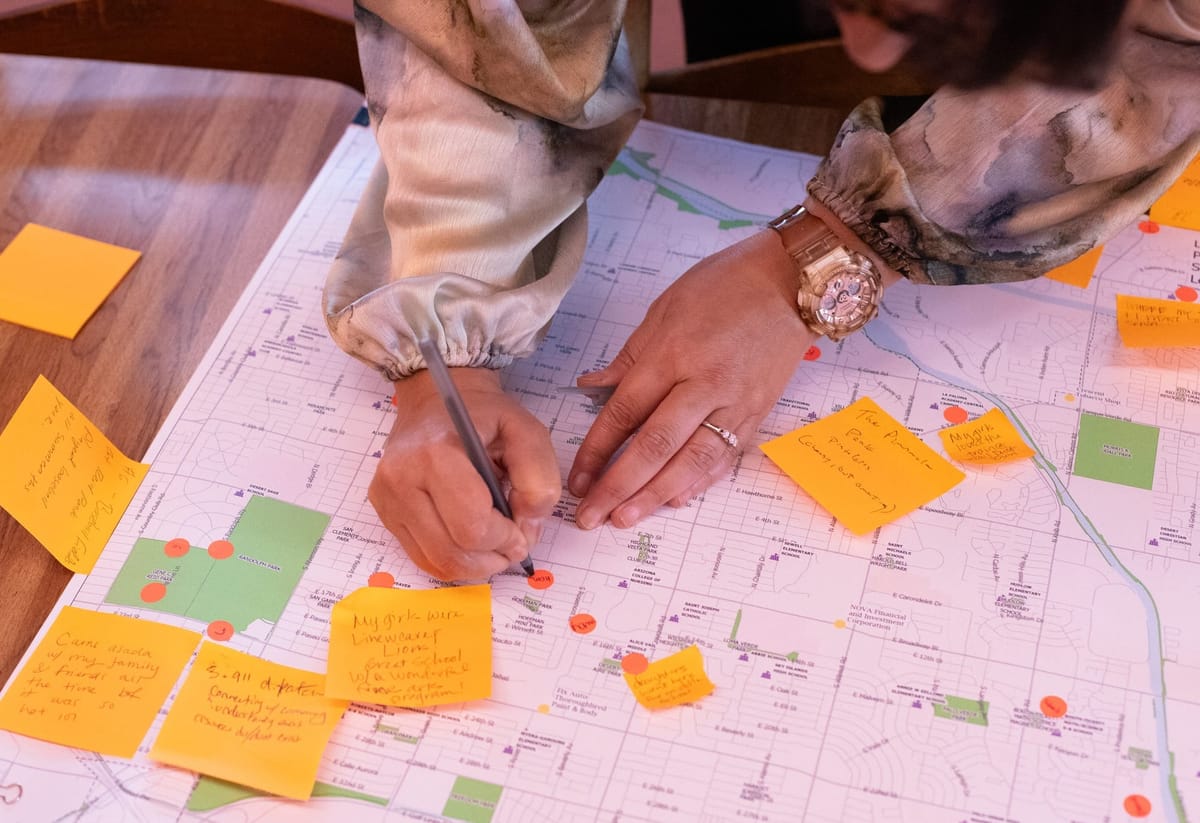
At the historic El Minuto Café, generations of Tucsonans gathered earlier this month to swap memories of meals, family traditions and borderland foodways as part of a project to preserve Latino cultural heritage through storytelling.
Latinos in Heritage Conservation, in partnership with the Arizona American Planning Association and the City of Tucson, hosted the “Communal Roots: Latino Legacies of Food and Climate” workshop on Nov. 6, creating a space for the community to share lived experiences with Tucson’s borderland gastronomy.
Latinos in Heritage Conservation is the only organization in the United States dedicated to preserving Latino culture. Latinos make up more than 40% of Tucson’s population, and the city’s fusion of food and borderland culture earned it the nation’s first UNESCO Creative City of Gastronomy designation in 2015.
“Food is about memories, it's about moments with family. With food we can give many examples of stories spanning generations, and that's something so beautiful,” Latinos in Heritage Conservation Executive Director Sehila Mota Casper told Tucson Spotlight. “We always talk about when we're making tortillas together and when we're all at the table with our aunts.”

Studies have shown that food can elicit nostalgia and trigger memories of meaningful relationships or significant events involving loved ones, such as holidays. By exploring how food connects people to memory, place and identity, LHC works to identify places of importance to the community.
“The relationship between food, culture, and history, I think it has a lot to do with the memories we start with as children, and with the memory and culture that is formed in the kitchen with our families are the first sensibilities we develop,” said Adriana Gallego, CEO of the Arts Foundation for Tucson and Southern Arizona. “I think the aromas, experiences, conversations, all those things follow us through our lives.”
During the workshop, participants introduced themselves and shared the places that shaped their lives. Between laughter and reflection, many pointed to El Minuto Café as a spot filled with cherished memories.
El Minuto was established in 1936 and continues to serve Sonoran-style Mexican food. Gallego recalled visiting for the first time in 1990 and still comes in for her favorite dish.
“They have my favorite soup, which is cheese soup, it takes me back to my childhood,” Gallego said. “Being able to come back and know that we can count on the same familiarity, the same delicious food to create beautiful memories.”
The group believes all memories are valuable, and the workshop offered participants a chance to share and preserve them. Casper said that while some people may feel their stories are too ordinary to matter, every lived experience is worth documenting.
“We found that through memory mapping, there are so many beautiful things and sites that have been lost or untold over the years that we're able to just bring them back to life and bring the memory back to life,” Casper said.
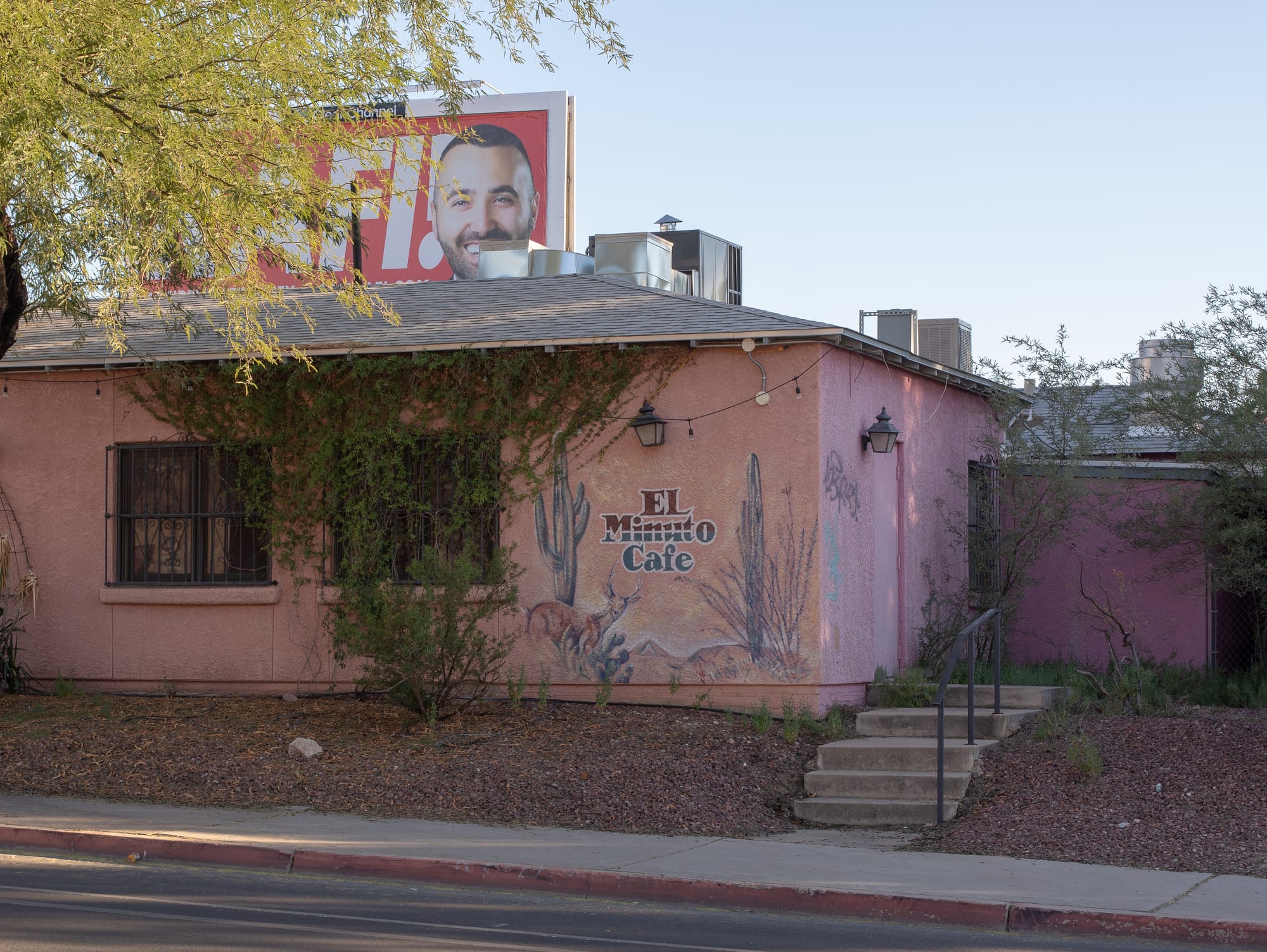
Latinos in Heritage Conservation’s Abuelas Project focuses on capturing grandmothers’ voices through storytelling. In many Latino families, grandmothers are cultural anchors, and preserving their stories helps pass traditions to future generations.
“It is vital. We know that if we don't capture these stories, they will be forever lost,” Casper said.
After the workshops conclude, the group will compile the oral histories and locations into an interactive Geographic Information System map for the community.
“Particularly in these times we are living in. We are like a light at the end of the tunnel, because we celebrate not only the sadness of our community, but we also celebrate our presence in our country,” said Historic Preservation Officer Hillary Morales Robles. “The importance of historic preservation is that it brings us evidence that we have been here long before the creation of what is now the United States.”
Protecting Latino cultural and historical heritage goes beyond preserving historic sites, Latinos in Heritage Conservation leaders say. An equity study conducted by the group found that fewer than 1% of sites in the National Register of Historic Places recognize Latino history.
The group is seeking community members to share stories about places or cultural practices meaningful to their families. Oral histories can be submitted through the Abuelas Project website.
Diana Ramos is a University of Arizona alum and Tucson Spotlight reporter. Contact her at diana@tucsonspotlight.org.
Tucson Spotlight is a community-based newsroom that provides paid opportunities for students and rising journalists in Southern Arizona. Please consider supporting our work with a tax-deductible donation.

